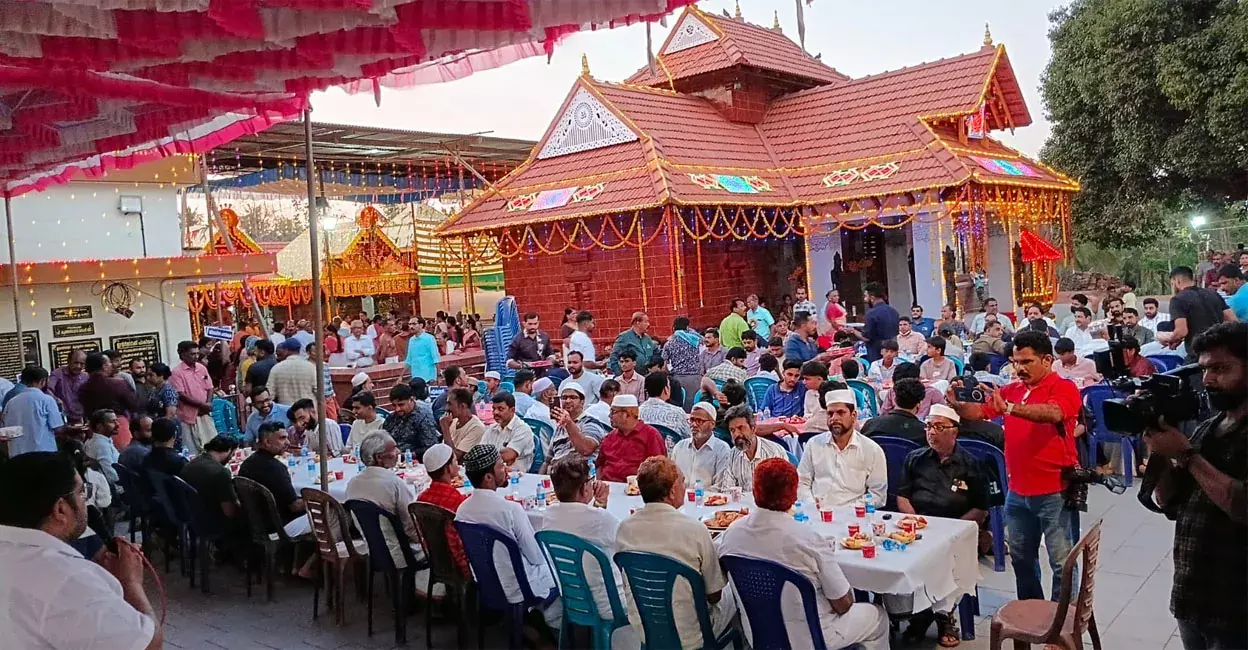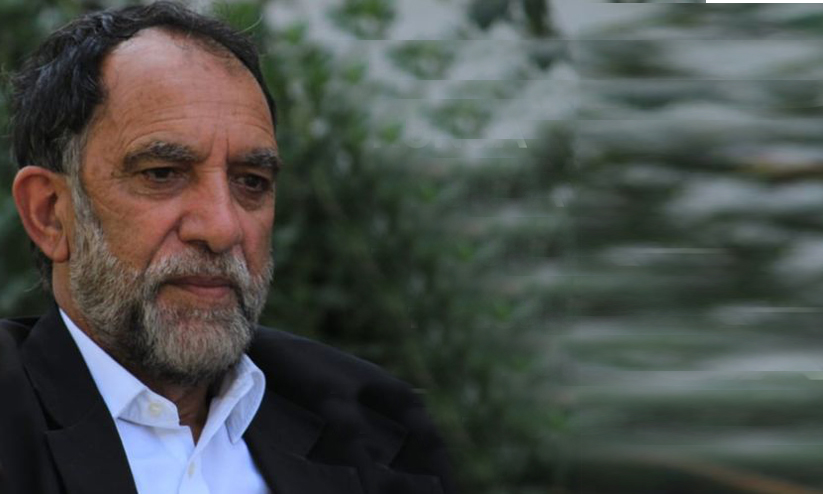
Senior Kashmiri lawyer Ahmad Ronga arrested under PSA, no reason cited so far
text_fieldsThe family of senior lawyer Nazir Ahmad Ronga, former president of the Jammu and Kashmir High Court Bar Association (HCBA), alleged that the Jammu and Kashmir police detained him from his home in Srinagar at midnight, but they only learned about the arrest under the Public Safety Act (PSA) in the morning.
Ronga’s son Umair Ronga, also an advocate at the Srinagar High Court, said that the arrest was conducted without an arrest warrant, marking yet another instance of the administration's crackdown on dissenting voices following the abrogation of Article 370.
Ronga has been a vocal critic of the constitutional changes affecting Jammu and Kashmir's autonomy.
Umair Ronga took to social media to express distress over his father's sudden arrest. He described the late-night raid by Jammu and Kashmir Police at their residence, conducted without an arrest warrant, attributing it to orders from higher authorities. Umair voiced concerns about the misuse of the Public Safety Act (PSA) in targeting members of the Bar Association, highlighting the family's shock and uncertainty following the incident.
The PSA permits prolonged detention without trial. Despite inquiries, the Jammu and Kashmir Police refrained from commenting on the specifics of Ronga's detention.
This incident comes shortly after the controversial arrest of another prominent advocate, Mian Qayoom, in connection with a terrorism conspiracy case. Qayoom, the former HCBA president, was implicated as a "primary suspect" in the murder of fellow advocate Babar Qadri, who was tragically killed by unidentified gunmen in 2020.
The detention of both Ronga and Qayoom, along with the recent ban on the HCBA elections citing vague concerns of public order, has drawn condemnation from legal bodies and human rights organizations. Critics argue that these measures are part of a broader strategy to suppress dissent and stifle advocacy for peaceful resolution of the Kashmir issue.
The HCBA, despite being a recognized legal entity under the Advocates Act, 1961, has faced allegations of promoting "secessionist ideology" by a parallel group, the Kashmir Advocates Association (KAA), which emerged post-Article 370 abrogation with apparent state backing.
Nazir Ahmad Ronga's past activism and leadership within the HCBA have made him a target of state scrutiny. He was previously detained under the PSA shortly before the constitutional changes in 2019, which Amnesty International and other rights groups have criticized as a draconian law allowing prolonged detention without trial, The Wire reported.
According to a report in news portal The Wire, in a dossier related to his previous detention, Ronga was accused of inciting public disorder through protests against the reading down of Article 370 and alleged affiliations with the All Parties Hurriyat Conference led by Mirwaiz Umar Farooq. His ability to mobilize public participation, particularly during election boycotts, was cited as a reason for his detention.
The Supreme Court's intervention in January 2020, which led to the revocation of the PSA against Ronga and several others, highlighted judicial concerns over the arbitrary use of such laws. However, recent developments indicate a renewed crackdown on dissenting voices within the legal profession, with calls for disciplinary action against Ronga, Qayoom, and another advocate, G N Shaheen, over allegations of professional misconduct.
The disciplinary committee of the Jammu and Kashmir High Court has summoned Ronga and his colleagues to appear before it, responding to complaints of misconduct filed by the UT government. This move has been interpreted by many as a further attempt to intimidate and silence advocates critical of government policies.























